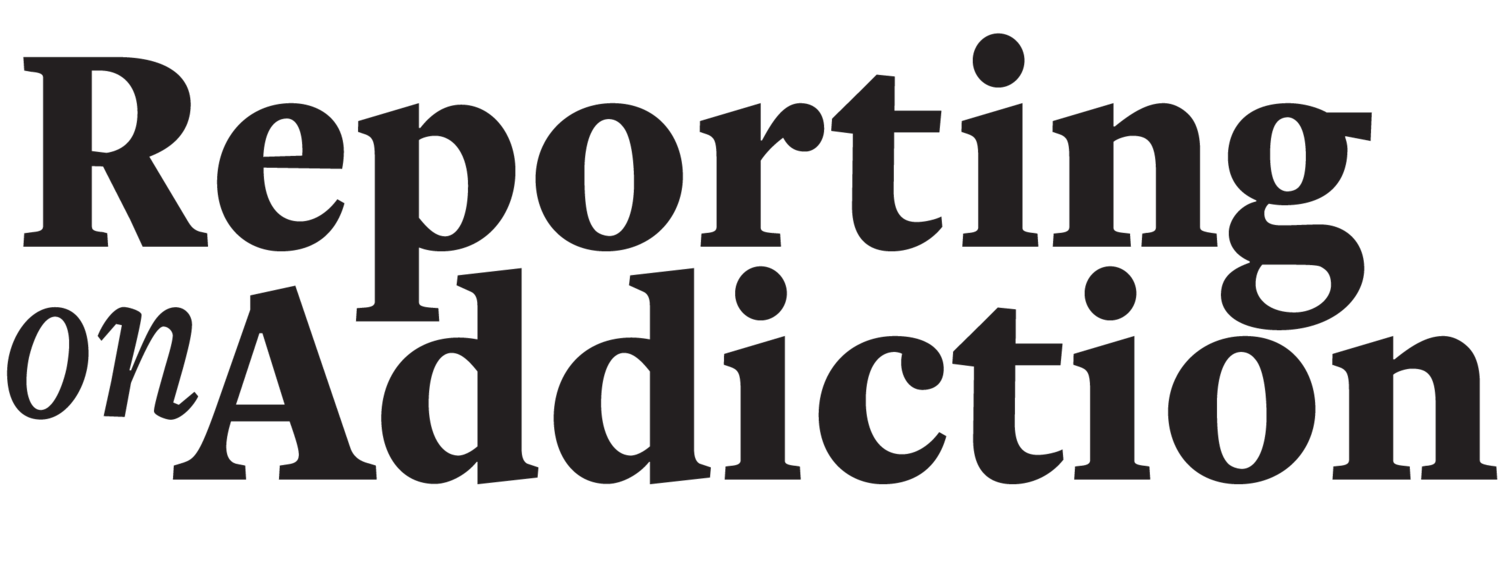Our Expert Vetting Process
In response to concerns expressed during our focus groups, we have developed a searchable, vetted resource for journalists who need to find experts in the field of addiction science and medicine, who work in advocacy or have other types of relevant lived experience.
Click here to search our database.
If you’re an expert and interested in applying, click here.
Background
A common theme from both our academic and media focus groups was access to the right sources. Researchers and scientists were frustrated with who was given a platform during discussions about addiction in the media (and who wasn’t). Journalists found it difficult to find the “right people” that could provide the information they need in the tight time frames in which they typically work. Both groups also have different definitions for what an “expert” is.
So, who is an expert?
Expertise is a fraught subject, but one we discuss a lot here at Reporting on Addiction. Who is elevated to the role of expert is especially relevant when talking about public health and medical issues – like addiction.
One of the main issues with media coverage surrounding addiction is the reliance on outdated and harmful narratives that focus on “moral failing” or “personal choice” as the root of addiction. To combat this stigmatizing perception, we need experts who understand the medical model to be easily accessible to journalists. We need people who know the science behind harm reduction and recovery – people that can speak on what the scientific consensus is regarding evidence-based treatments. This database is a bridge to those people.
In our framework, there are two types of experts: experts through experience and experts through training. These are not mutually exclusive categories. Indeed, a person with lived experience can have experience through training, and vice versa. Our present database only highlights people with expertise through training. Although, as stated above, they may also have lived experience that they wish to share with journalists. This does not mean we value one type of expertise over the other. We are cautious when building bridges to experts through experience because of the risks involved with publicity.
Experts through training are defined as people who study the subject and use evidence-based practice in this space. An authoritative health source must be science-based, objective, transparent and accountable.
To meet this criteria we developed this definition:
Expertise through training requires an advanced degree (i.e., training) related to addiction science or treatment (e.g., MSW, MD, PhD, PNP, MPA, MPH).
We consider whether the individual is working at organizations with pre-existing vetting upon the time of the application (e.g., hospitals, educational institutes, public health departments, government organizations).
Publishing is just one thing we consider, but publishing in academic journals is not required. Relevant publications can include books by reputable publishers, respected newspapers, peer-reviewed scientific and academic journals, literature reviews and other sources with a reputation for fact-checking and accuracy. This means we do not use personal websites, blogs, forum posts, Facebook, LinkedIn or Twitter content, self-published sources like open wikis (including other Wikipedia articles), etc.
When experts apply for this database, they self-select their domains of expertise (e.g., tobacco, harm reduction). We do not vet self-reported domains of expertise.
We developed these criteria based on the National Academy of Sciences document. This has been used to improve how YouTube presents health experts.
Experts through experience or people with lived experience are voices that our project also elevates. We know that including their experiences is vital to improving the public's understanding of the barriers to evidence-based treatment and recovery that exist in our communities.
After defining expertise, we worked to build out our database by attending academic conferences where we provide media training and recruit experts. Many of the people in our database were invited to join based on their education and experience. After joining the database, individuals are provided with our resources and links to media training to support their efforts to work with journalists. Media training is not required but encouraged.
How can you use this database?
The individuals in this database have committed to quickly reply to journalists and work to reduce stigma by using our resources. We designed the database to be sortable by area of expertise and location, that way you can find folks in your state or an outside expert best suited for the topic you’re covering. We also included their personal links so you can independently vet the sources before reaching out.
If you can’t find someone or need additional help, feel free to reach out, and we’ll work to quickly connect you with someone.
I applied and am not on the database - what gives?
To make this the best resource possible, we individually vet everyone that applies. The process can take anywhere from two to 10 days. Sometimes applicants might not qualify based on the criteria detailed above. Some common reasons that may occur include:
Not enough information in your application
Insufficient credentials
If you can provide more information to help with the above criteria, please feel free to resubmit your application. If you have questions/recommendations about this database and our vetting process, feel free to reach out to our team.

